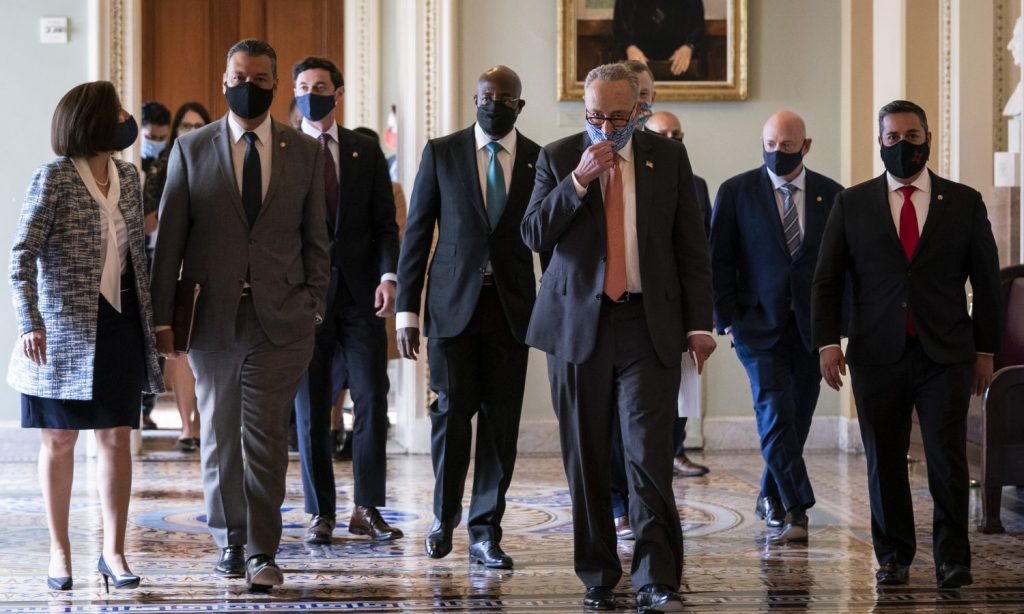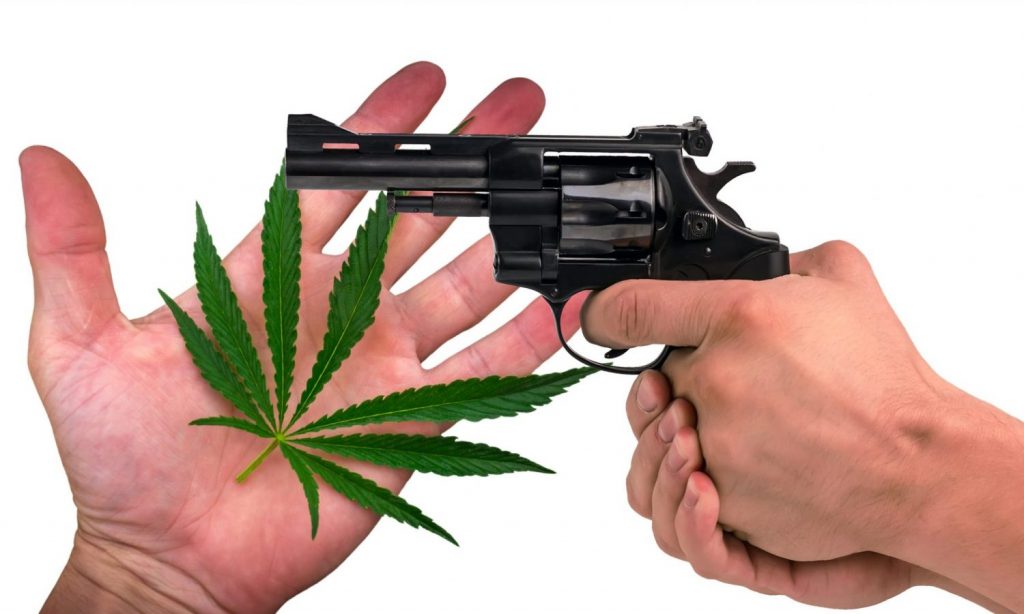Social justice advocates in New Jersey are flocking together to hold a special, free expungement clinic at Doubletree by Hilton Penn Station Hotel in Newark.
The clinic will be held on Tuesday, September 14 from 10 a.m. to 6 p.m. local time. Those who attend will get free support on how to expunge low-level cannabis convictions now that cannabis is legal in the state.
The event will be hosted by 420NJEvents, a Black-owned cannabis lifestyle brand, and sponsored by Brach Eichler LLC, Columbia Care, REEForm New Jersey, Apothecarium, and Minority Cannabis Academy. Those who have been disproportionately affected by the War on Drugs will now have a chance to seek justice. Pro-bono attorneys from Brach Eichler law firm will be onsite to help and answer questions.
“Why should some people have their lives ruined, while others are getting rich in the industry?,” said Brendon Robinson, Co-Founder & Vice President of 420NJEvents. “This clinic will give people an opportunity to have a life after cannabis. No longer will low-level cannabis cimes ruin someone’s life.”
420NJEvents is a Black-owned cannabis lifestyle brand run by two childhood friends who bonded over cannabis and their loyalty to each other. Seeing first-hand what the War on Drugs can do, they vowed to make a difference in their community and take action.
Thus, they formed 420NJEvents to spread awareness and education about cannabis in their community, and to explain how much the War on Drugs had impacted them.
New Jersey Steps Up
“We’re focused on educating minorities around cannabis as an avenue to create generational wealth, and break into an emerging industry ripe with opportunity and alternative medicine,” they explained via a press release. “We promise to remain true to the culture, true to ourselves and provide you with all the up-to-date information that’ll help you navigate the cannabis industry!”
One of the pro-bono attorneys who will be offering his services at the event explained in a press release why this event is valuable to communities of color in New Jersey. “Marijuana laws have often disproportionately impacted communities of color. As New Jersey looks to establish its recreational marijuana market, there must be a focus on righting the societal wrongs that the prohibition of cannabis has created. We need more individuals, particularly Black and brown people, to understand the law and their rights, what it means, and how it can help them,” said Charles X. Gormally, Co-Chair of the Cannabis Law Practice at Brach Eichler LLC.
Events such as these help give valuable information to those who are interested in getting a fresh start after being impacted by the failed drug war. “If money is being made off the cannabis industry, we should ensure that revenue benefits the entire community not a select few,” said John D. Fanburg, Co-Chair of the Cannabis Law Practice at Brach Eichler LLC. “As we’ve seen in our cannabis practice, the most important thing we can do is ensure equal access and transparency in the industry so that people can be involved in a fair way. It’s the right thing to do.”
Many of those involved in putting on the event feel it’s there social responsibility to participate in expungement events. “Inequities have plagued the cannabis industry since it first started being legalized in select states,” said Ngiste Abebe, VP of Public Policy at Columbia Care, the cannabis cultivator supporting the event. “It’s our responsibility as leaders of this evolving industry to make social justice initiatives such as expungement a priority, especially ahead of adult-use sales and federal legalization. We’re thrilled to be partnering with like-minded organizations for this clinic and hopefully more to come.”
“As part of our commitment to fight for social justice, The Apothecarium is honored to partner with 420NJEvents for the expungement clinic being held in Newark, NJ.,” said Michelle Moleski, Director of Physician and Community Outreach for Terrascend NE. “We believe that community outreach activities such as this have a lasting impact, and we look forward to providing direct support to those negatively affected by the War on Drugs in our community.”
This free event is a positive first step to help many residents of New Jersey get their lives back following the disastrous effects of the War on Drugs.




